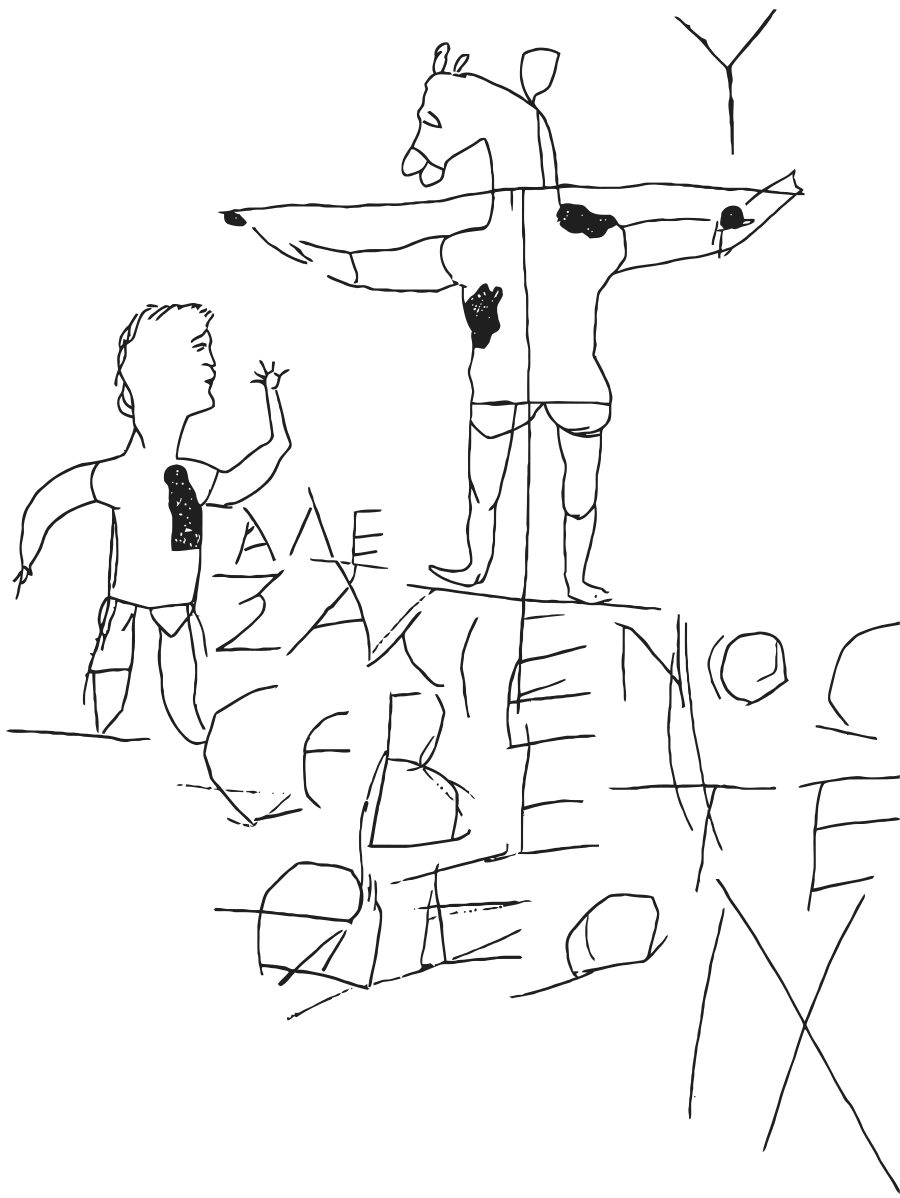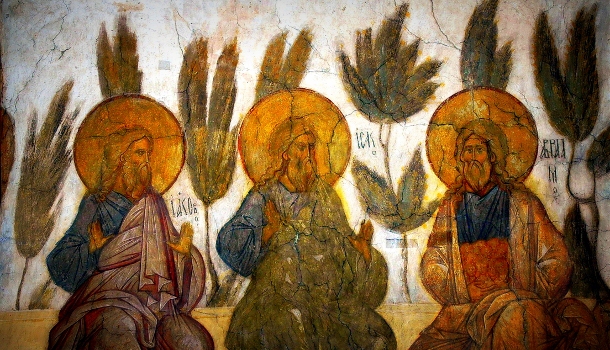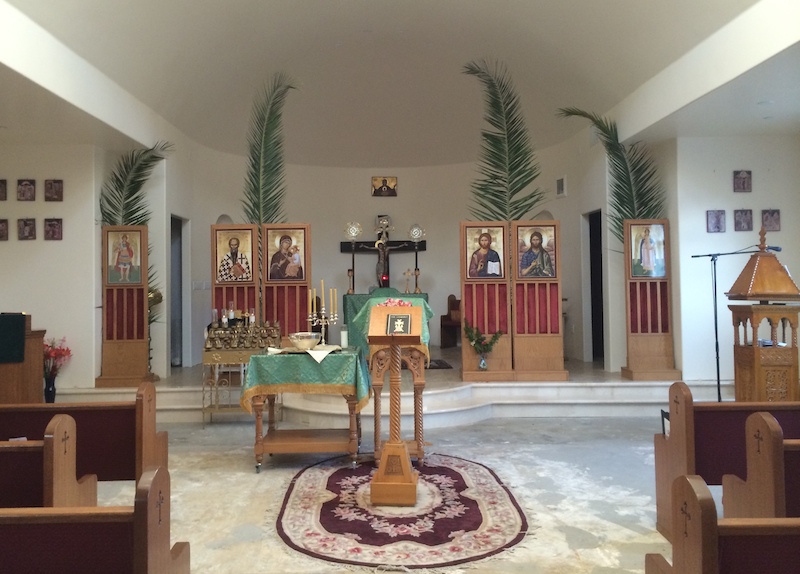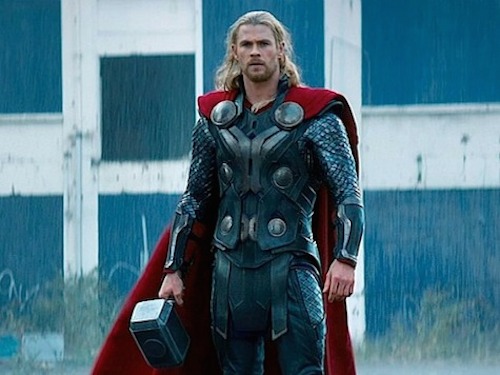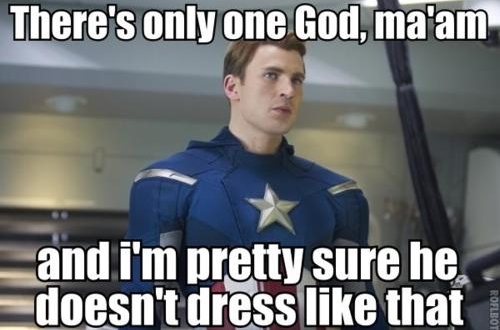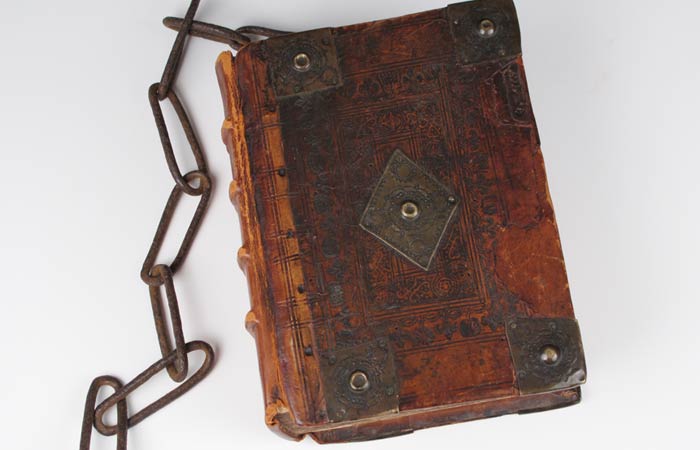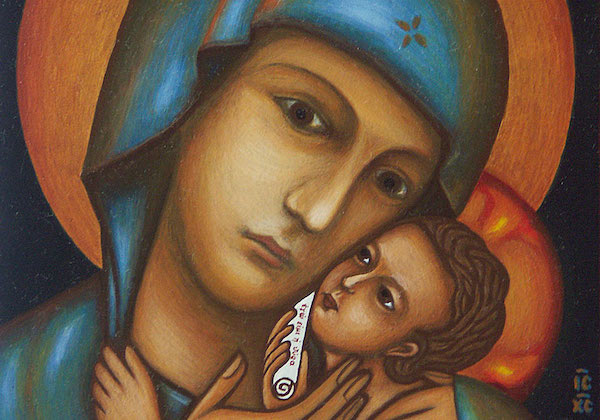Hints & Guesses
 The album “Hints & Guesses” is the first full-length album from Alanna-Marie Boudreau, a young musician from New York who was recently touring here in San Diego. About a month ago I received a copy of Alanna’s new album in advance of its release this September (iTunes, Website), so after a few weeks of listening to the album in my car, I wanted to share my impression of it.
The album “Hints & Guesses” is the first full-length album from Alanna-Marie Boudreau, a young musician from New York who was recently touring here in San Diego. About a month ago I received a copy of Alanna’s new album in advance of its release this September (iTunes, Website), so after a few weeks of listening to the album in my car, I wanted to share my impression of it.
The title of the album comes from a line in a TS Elliot poem, The Four Quartets, which speaks about the glimpses we get of something beautiful and awe-inspiring, but which hasn’t yet been fully revealed. In an interview on her YouTube channel, Alanna compared it to seeing the early morning sunlight before the sun itself has risen, explaining it as “the sense of home-sickness that you can’t really describe”. These are themes to which a restless pilgrim can certainly relate!
